Please note that this article contains MAJOR SPOILERS for Dragon Age: The Veilguard.
With Dragon Age: The Veilguard out now, fans of the franchise have something to chew on over the next few months and years. BioWare has confirmed there is no planned DLC, with the studio focusing on its next release of Mass Effect 4, but hopefully, this just means Dragon Age 5 comes around sooner rather than later. After all, the secret ending makes it very clear what direction BioWare is going in with the franchise.
Dragon Age: The Veilguard reveals plenty of new lore for the ancient Elves, the Titans, the Grey Wardens, and so much more, but it understandably changes a lot of things too. At first glance, for example, it seems this would be the first Dragon Age: The Veilguard where a mage companion doesn’t betray the player. That’s technically true, but that also depends on the story – to match the Dread Wolf’s telling.
The Dragon Age Franchise’s History of Mage Betrayals
To be fair, “betrayal” might be a harsh word in most instances, but it is more succinct than saying that Dragon Age has a franchise history of mage companions co-opting the PC’s goals for themselves. In Dragon Age: Origins, Morrigan reveals that the Warden can survive slaying the Archdemon if they (or Alistair) sleep with her, with the resulting child becoming imbued with the Old God Soul of Urthemiel following this. Now, that sounds kind of evil at the time – although the results of said choice have proven, thus far, that this was relatively mild. In Dragon Age 2, Anders uses his friendship/rivalry with Hawke to possibly plant bombs in the chantry together, inciting a war. Neither of these actions directly “betray” the player, but the first one could have been trouble at the time and the second one makes Hawke an accomplice in starting a huge continent-wide war.
Come Dragon Age: Inquisition, it turns out that Solas is the Dread Wolf, that he kills Mythal, that he is responsible for Corypheus’ orb, and that he intends to tear down the Veil, killing tons of people. Again, this isn’t personal for Solas and the Inquisitor, but it’s much more of a betrayal and that’s especially true for a Lavellan. It’s a lot easier to call it a betrayal rather than say Solas co-opted the Inquisition to combat his own mistake, that he killed a version of Mythal to regain power, that he infiltrates the Inquisition with his spies, and that he intends to tear the very world apart.
Dragon Age: The Veilguard Betrays, and Betrays, and Betrays Rook at Every Turn
When Dragon Age: The Veilguard first revealed its companions, no doubt many fans looked at Neve, Bellara, and Emmrich as all possible betrayers. Neve even fits into the prologue in a way not unlike Solas in Dragon Age: Inquisition, Emmrich is a necromancer (which, sure, is not as evil as it seems in Dragon Age), and Bellara could fit the bill too. Except Rook is constantly betrayed by a Mage: Solas himself.
While Solas is not a playable companion, his role is very similar to the advisors of the Inquisition. While the Inquisitor listens to Leliana, Cullen, and Josephine and uses their advice to try and seal the Breach, Rook listens to Solas and uses his wisdom to fight Elgar’nan and Ghilan’nain. As such, he is an honorary companion in this loose term and constantly betrays Rook. The very first conversation sets up Solas’ betrayal with Varric, then earning the “respect” of the Dread Wolf is both a betrayal of the player (because it is a forced illusion of choice) and Rook, and then his latter affirmation that he won’t attempt to tear down the Veil when he gives the Dagger to Rook. If anything, Rook gets a triple whammy of betrayals from Solas compared to past Dragon Age protagonists.
From Solas’ perspective in Dragon Age: The Veilguard, of course, these tricks and betrayals are necessary because he is the hero. He is the only one who fixes his past mistakes, he is the only one who can face and defeat Elgar’nan (despite history telling him otherwise), and he is the only one who can fix the world. And all of these tricks and betrayals manifest in the ending. While there are multiple endings, the non-redemption path of tricking Solas feels the most appropriate. Many may think that Solas is too smart to fall for such a simple trick, but that’s the beauty of it. Solas has manipulated and tricked his way to the ending, so elaborately and intelligently that a simple bait and switch becomes his downfall. While the companions made the fake dagger, Varric explains that Rook’s skill has always been coming up with wild plans, and that’s exactly what this ending is: a final gambit against a master trickster.
While this may be a loose interpretation of “betrayal,” it has always been. It’ll be interesting to see if this is truly the end of traditional mage betrayals or, as if lured into a false sense of security by the game not named Dread Wolf, fans are going to get hit with a harder dagger come Dragon Age 5.
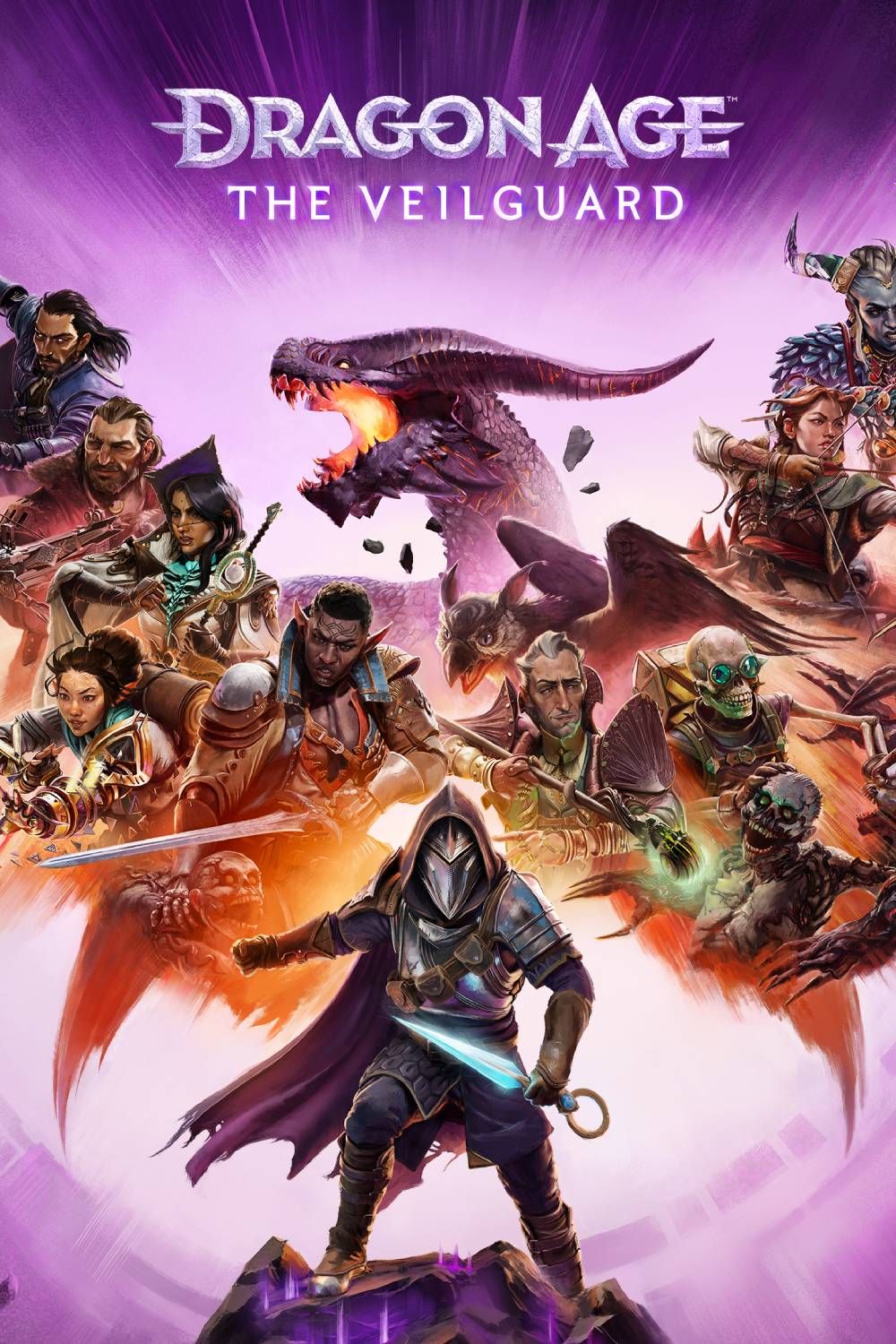
- Franchise
- Dragon Age
- Publisher(s)
- Electronic Arts
- ESRB
- M For Mature 17+ // Blood, Nudity, Sexual Themes, Strong Language, Violence
- OpenCritic Rating
- Strong
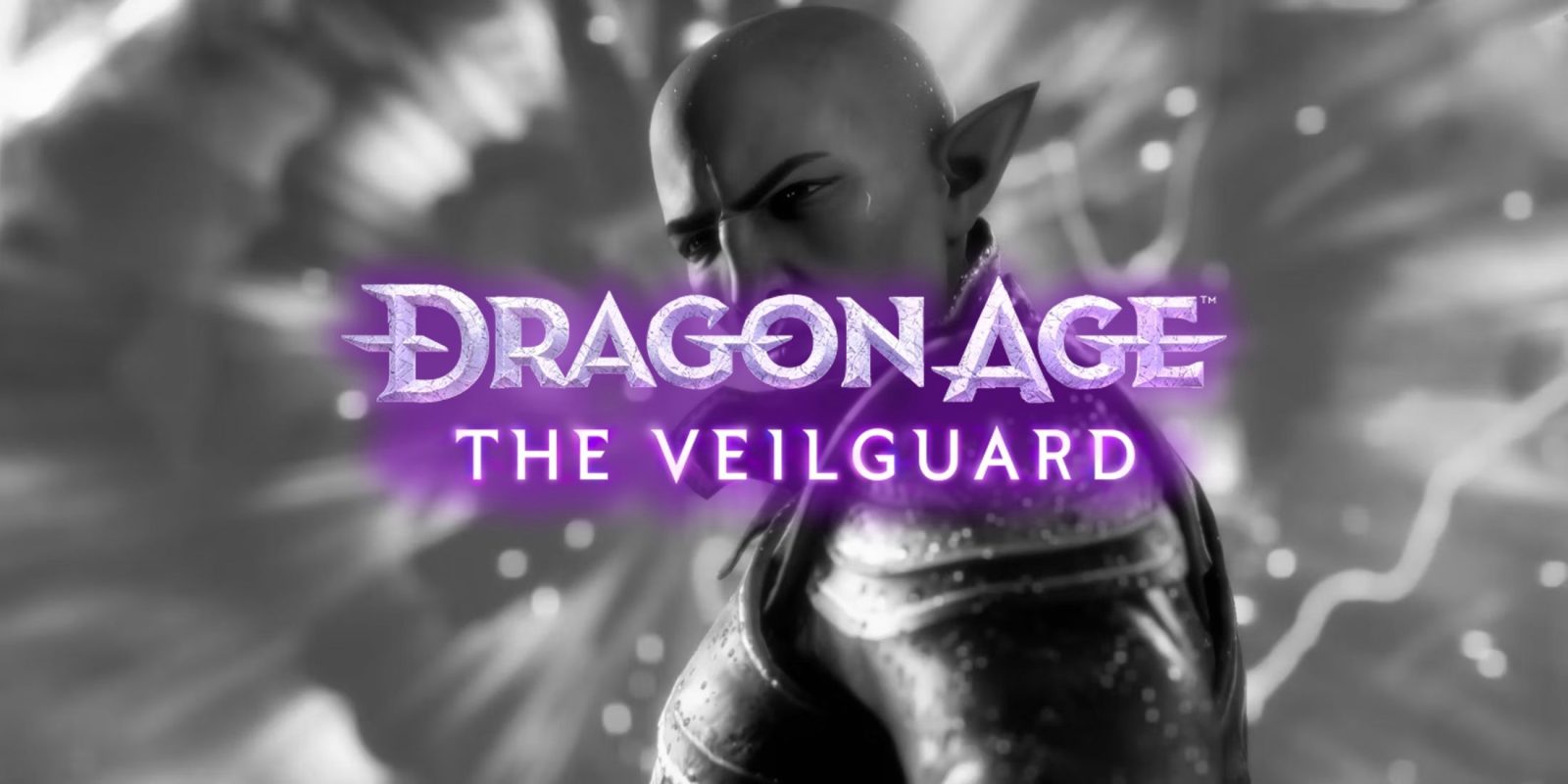

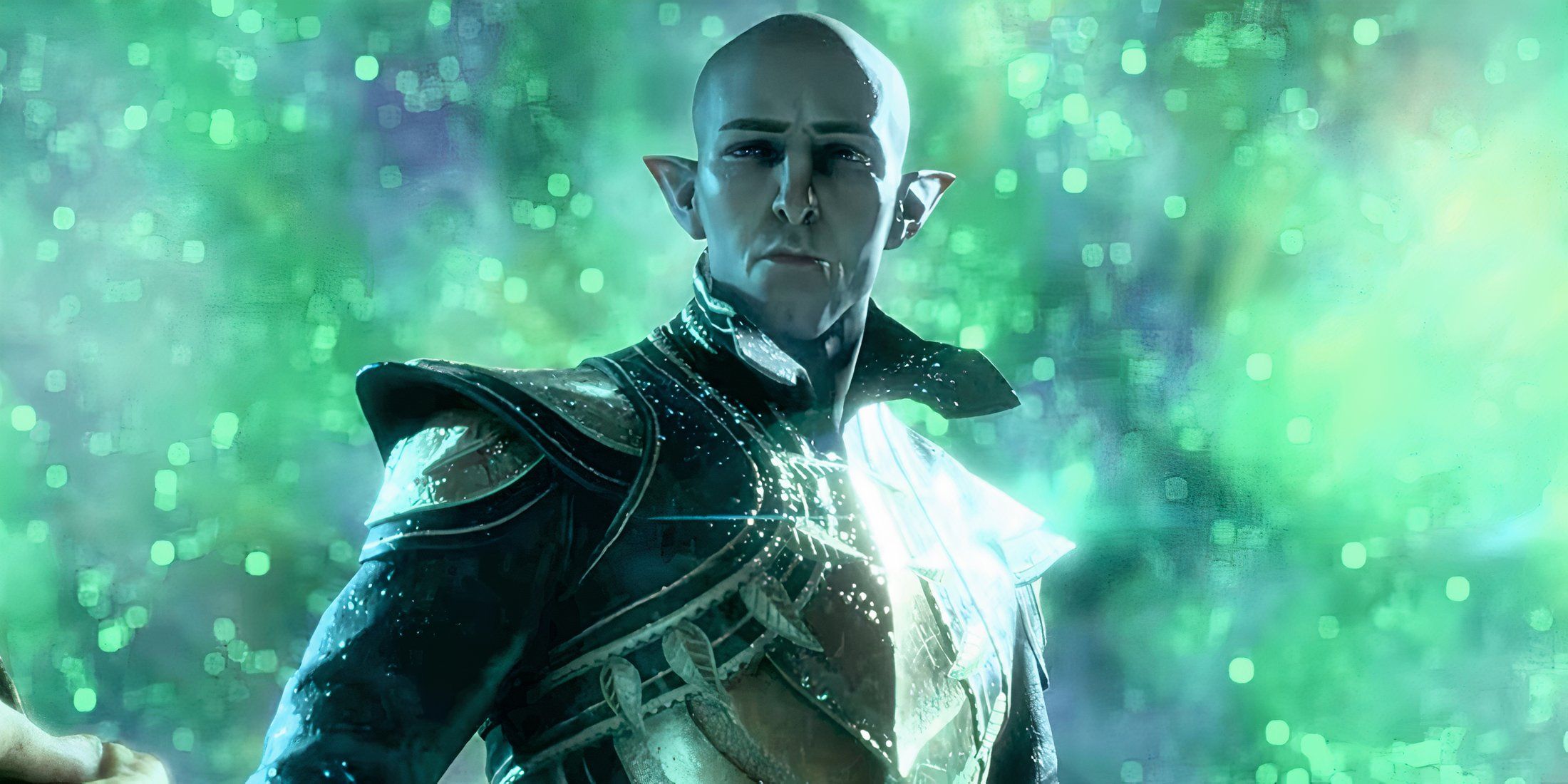


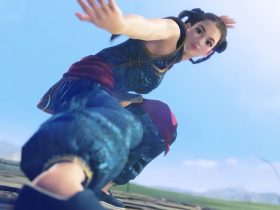

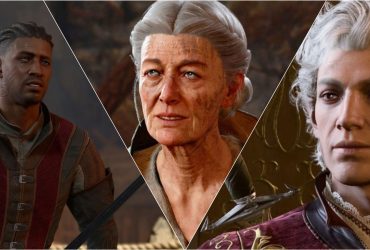


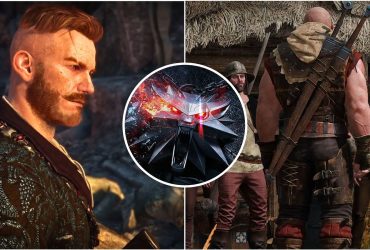
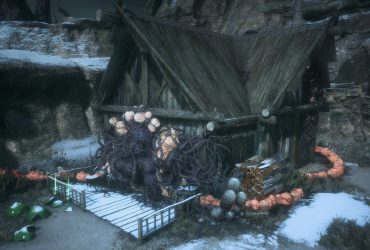
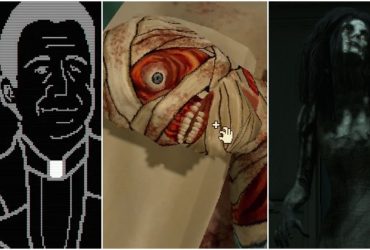
Leave a Reply